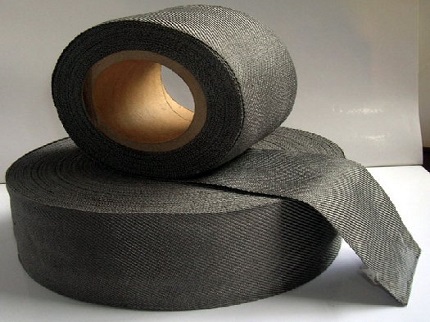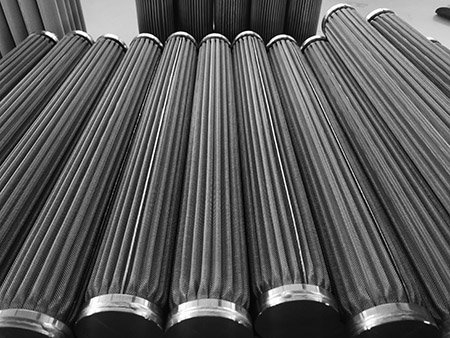Curious about the advantages of stainless steel fiber? This article explores the numerous benefits it offers across a wide range of applications. From enhancing concrete strength to improving thermal and electrical conductivity, stainless steel fiber provides exceptional durability, corrosion resistance, and versatility. Whether it’s used in construction, textile manufacturing, or electrical components, stainless steel fiber proves to be a reliable and cost-effective choice. Discover how this remarkable material can elevate your projects and deliver outstanding results.
Introduction to Stainless Steel Fiber
Stainless steel fiber is a remarkable material popular for its unique properties and wide-ranging applications. Its versatility and exceptional characteristics make it a popular choice in various industries. From reinforcing concrete structures to enhancing the performance of textiles and electrical components, the steel fiber offers an array of advantages.
Enhanced Strength and Durability
One of the notable advantages of the steel fiber is its ability to enhance the strength and durability of materials. When added to concrete, it improves its tensile strength, crack resistance, and impact resistance. The fibers act as reinforcement, reducing the formation and propagation of cracks, resulting in more durable and long-lasting structures.

Corrosion Resistance
Stainless steel fiber is highly resistant to corrosion, making it ideal for applications in harsh environments. Unlike traditional steel, steel fiber does not rust or corrode easily, ensuring the longevity of the materials it reinforces. This corrosion resistance is particularly advantageous in concrete structures exposed to moisture, chemicals, or salt water.
Thermal and Electrical Conductivity
In addition to its mechanical properties, the steel fiber offers excellent thermal and electrical conductivity. In textile manufacturing, stainless steel fibers are used to create fabrics with enhanced heat retention or conductivity properties. Moreover, in electrical components, the steel fiber can improve conductivity and dissipate heat effectively, ensuring optimal performance and safety.
Versatility in Applications
Stainless steel fiber finds applications in various industries. In the construction sector, it is used for reinforcing concrete in structures such as bridges, tunnels, and industrial flooring. In the textile industry, it is incorporated into fabrics to create conductive textiles, flame-resistant materials, or anti-static garments. It also plays a crucial role in electrical components, filtration systems, and even in the production of aerospace and automotive parts.

Cost-Effectiveness and Longevity
Investing in stainless steel fiber brings long-term cost savings. Its durability and corrosion resistance reduce maintenance and replacement expenses, making it a cost-effective choice. Additionally, the extended lifespan of structures and materials reinforced with the fiber ensures long-term value and reliability.
Conclusion
Stainless steel fiber offers a multitude of advantages that elevate various applications across industries. Its ability to enhance strength, provide corrosion resistance, and improve thermal and electrical conductivity makes it a versatile and valuable material. Whether you’re working on a construction project, textile manufacturing, or electrical systems, the fiber can significantly enhance performance, durability, and cost-effectiveness. Embrace the benefits of stainless steel fiber and unlock new possibilities for your projects.